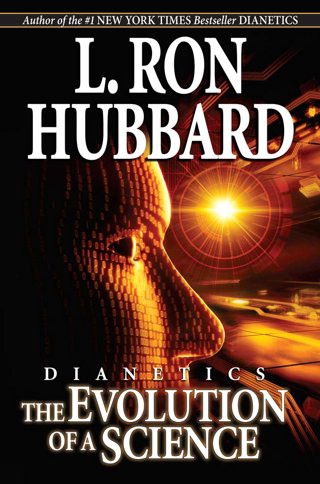The Best Strategy To Use For Dianetics
The Best Strategy To Use For Dianetics
Blog Article
The 25-Second Trick For Dianetics
Table of ContentsSome Known Facts About Dianetics.The Best Strategy To Use For DianeticsSome Known Incorrect Statements About Dianetics Getting The Dianetics To Work
I could not ever before not intend to obtain anything that enters your mind for you- if it was otherwise, I would not be sitting here with you, doing this. I not just could never have a trouble, or otherwise intend to hear something that enters your mind for you, however I'm entirely excited to recognize every idea, every idea, every photo or feeling that arises or manifests for you- do not ever before believe or else, and if for one reason or another you do, please just allow me recognize! Often, you may have a thought, and picture, idea or occurrence appear that does not seem to answer the question, or relate to it, but however, always do tell me regarding it, and as we proceed, the relevance will emerge for you.This is inherent in the basis of processing, and the topic of this discussion: the basic roles of the counselor and the customer: The fundamental duty of the counselor is, in contrast to "common training", not to manage, which implies to implement and/or hinder, yet to rather work from the basis of EMPOWERING THE CUSTOMER.

Some Of Dianetics
John Mcmasters shared this fundamental fact splendidly well in among his lectures on Power processing, where he explains exactly how he was asked what this "unique flair" was that he had for offering such excellent sessions; he needed to consider that for a moment, and identified that it was what he wasn't doing, along with what he was doing: he had not been examining, judging, computing, or as a matter of fact, generating any type of thoughts, allow alone spoken expressions, after offering the command and while waiting on the PC to complete their response to their contentment; he was, merely and just, being present with the PC, and entirely interested.
The role of the counselor, showed; that was his "special knack". I have had my own experience which educated me this well, extremely early on in the game. In 1982, having actually lately completed my training and teaching fellowship on New Period Dianetics, I was running this on a PC, and there was a point in the session where (being a little bit wet behind the ears not yet having lots of hours under my belt as an expert auditor) the PC seemed to be "taking as well long" to share anything vocally after I offered him a command.
This trick turned out to be one of the most valuable contribution that John ever made to the topic of treatment or bookkeeping (Dianetics). In my modest opinion, it is the best contribution that Click Here anyone has actually ever made to these subjectsthe application is completely non-judgemental, non-evaluative, and lacking any kind of tip, advice or opinion.no preconditioned agenda for people, or 'levels' that they need to do
In Scientology we prided ourselves on not reviewing for people. All that truly meant was that the auditor did not Vocally review for the Computer in session.
A Biased View of Dianetics

Anybody that had ever seen John audit can not help yet discover an one-of-a-kind quality in his auditing."The client's basic duty is to be there with the objective of relocating the instructions of their spiritual goals, and to freely and completely express and experience whatever shows up for them in addressing the concerns and executing the directions in the processing.
This is something to process as required. However additionally, individuals frequently have prior experience and/or brainwashing in auditing/processing which, somehow, and to some extent, in fact misinforms them into mindsets, concepts and habits patterns that protect against the full understanding of these roles, and so they will often tend to prevent the expressing of what comes to mind, as in the instances given over. * The first, and probably primary instances of mis-indoctrination bring about much less than entirely smooth and efficient sessions, can be found in particular aspects of the training regimens, or "TR's":"TR's" are typically a person's initial, or a minimum of early, experience in Scientology, and while I will certainly take place to describe what I view as the defects in principle and practice, nevertheless, have a tendency to be substantially therapeutic, visit their website done as they are offered (Hubbard firmly insists that "TR's are not refining, they are educating", but factually, they are both handling AND training)
Alan Walter made comparable monitorings, and improved on these with his "Existence Processes". There is no "failing", and no rejection of the truth of this being processing. The focus, as it must be, gets on experiencing the other person's presence. All the symptoms which get a "fail" in doing "TR-0" are just the being's efforts to resist the various other individual's existence, and rather than being bugged and nagged have a peek at this website with "Flunk", which enforces "failing!" on the being, one merely needs to be encouraged to "stick their feet in the water a little much deeper", to progressively restore their capability and readiness to totally share and experience "being right here", or "presence", with others.
Dianetics for Dummies

Report this page